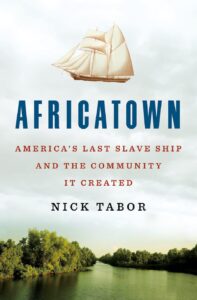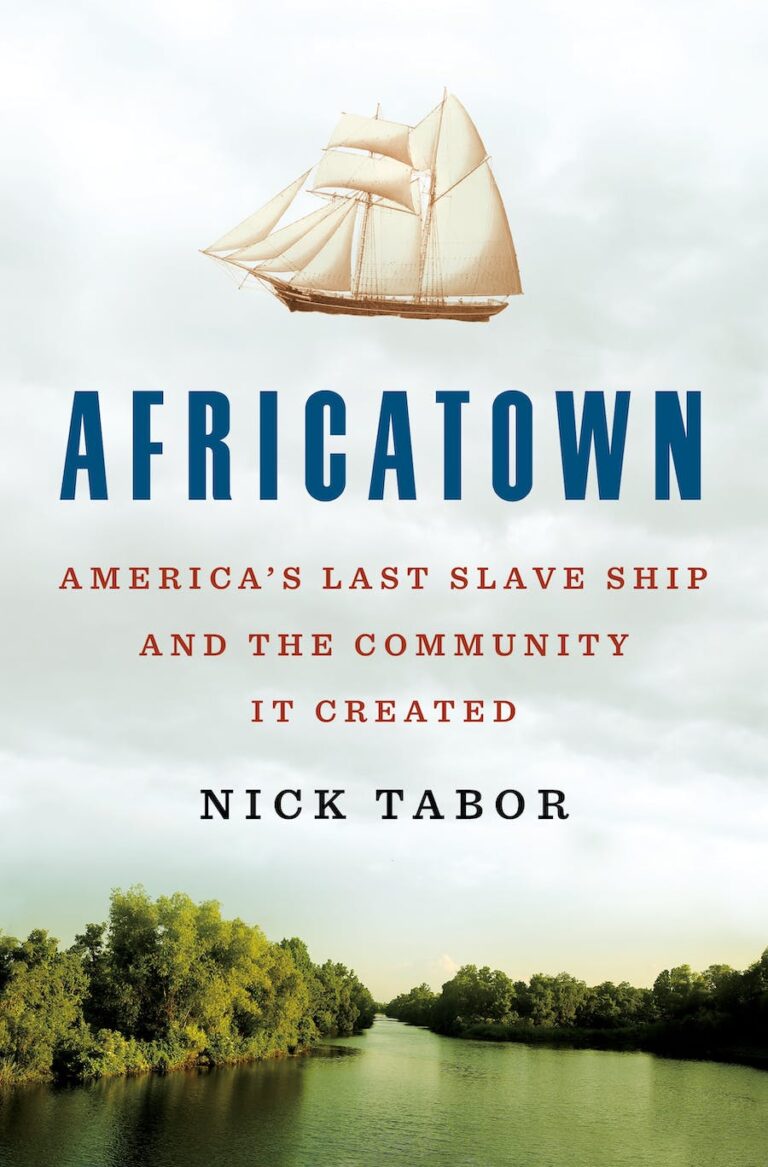Grammar Girl: What’s your favorite word and why?
Nick Tabor: Honestly, I think it’s “prayer.” I’m a person of faith, and prayer is something I do consciously; but I came to love the word when I realized how broad the concept could be. One of my good friends goes stargazing all the time, and he’s not religious, but it’s clearly a prayerful experience for him. I like the thought that we’re all engaging in prayer all the time, when we have hope in hopeless situations or confront the fact that there are things we don’t understand.
GG: What’s a word you dislike (either because it’s overused or misused) and why?
NT: “Deconstruct!” Usually when I hear it, I think the person should have just said “analyze” or “parse” instead—like if they say they’re going to “deconstruct” a speech by the president. Steve Bannon also said he wanted to “deconstruct the administrative state,” when I thought “dismantle” would have worked better (or better yet, “strip for parts”).
GG: What word will you always misspell?
NT: At some point when I was writing this book, I found out that I’d been spelling “minuscule” wrong for years. I thought it was like an extension of the word “mini”—which would make so much sense! I couldn’t imagine why my word processor was putting the squiggly red line under it. But I looked it up, and it actually has the same root as “minus.” Something to do with Latin.
Anyway, I tend to be fastidious about spelling, and I won’t make that mistake again.
GG: Any grammar pet peeves we should know about?
NT: Two big ones. The first is phrases like “that’s too simplistic” or “overly simplistic.” That’s what “simplistic” means already—like, “oversimplified.” You don’t need the extra words; they’re redundant. It’s like saying “over-exaggerate.”
The other is a little more tricky: saying something “begs the question,” when you mean that it raises the question. “Begging the question” is another term for circular reasoning. It’s when you make an argument that assumes the thing that still needs to be proven.
God forbid that I should ever correct someone on these kinds of things during a conversation! I don’t want to be insufferable. But when I see these mistakes in a serious publication, it does irk me a bit.
GG: Do you have a favorite quote or passage from an author you’d like to share?
NT: The epigraph of Africatown still shakes me up whenever I read it. It’s from Saidiya Hartman’s book Lose Your Mother:
“The demands of the slave on the present have everything to do with making good the promise of abolition, and this requires much more than the end of property in slaves. It requires the reconstruction of society, which is the only way to honor our debt to the dead. This is the intimacy of our age with theirs—an unfinished struggle. To what end does one conjure the ghosts of slavery, if not to incite the hopes of transforming the present?”
Not long after I moved from NYC to Mobile, to do my book on Africatown, my friend Joel visited and brought me a copy of Lose Your Mother. As soon as I started reading it, I knew I wanted to quote some passage at the beginning of my book. It was a little hard to choose, because Hartman’s writing is so beautiful and profound—in parts it’s like a prose poem. But in the end, nothing else spoke so directly to the situation of the Africatown community. I felt like she’d written it for them.
GG: What grammar, wording, or punctuation problem did you struggle with this week?
NT: It’s always a struggle to not use an m-dash in, like, every sentence. Rarely has a meme resonated me more than this one did.
GG: Any tips for developing better prose style?
NT: I’ve heard people knock Strunk and White’s Elements of Style, saying that if you follow their advice your writing will become boring and plain. They’re so wrong. In my experience, that book, with its mantra of “omit unnecessary words” and their insistence on keeping things simple, is exactly what most people need when they’re starting out (regardless of their age).
I think the way to go is to learn those lessons, and internalize them, and then move beyond them. Once you’ve learned how to make every word count, and how to get to the point, you can get more ambitious, and your readers might stick with you.


